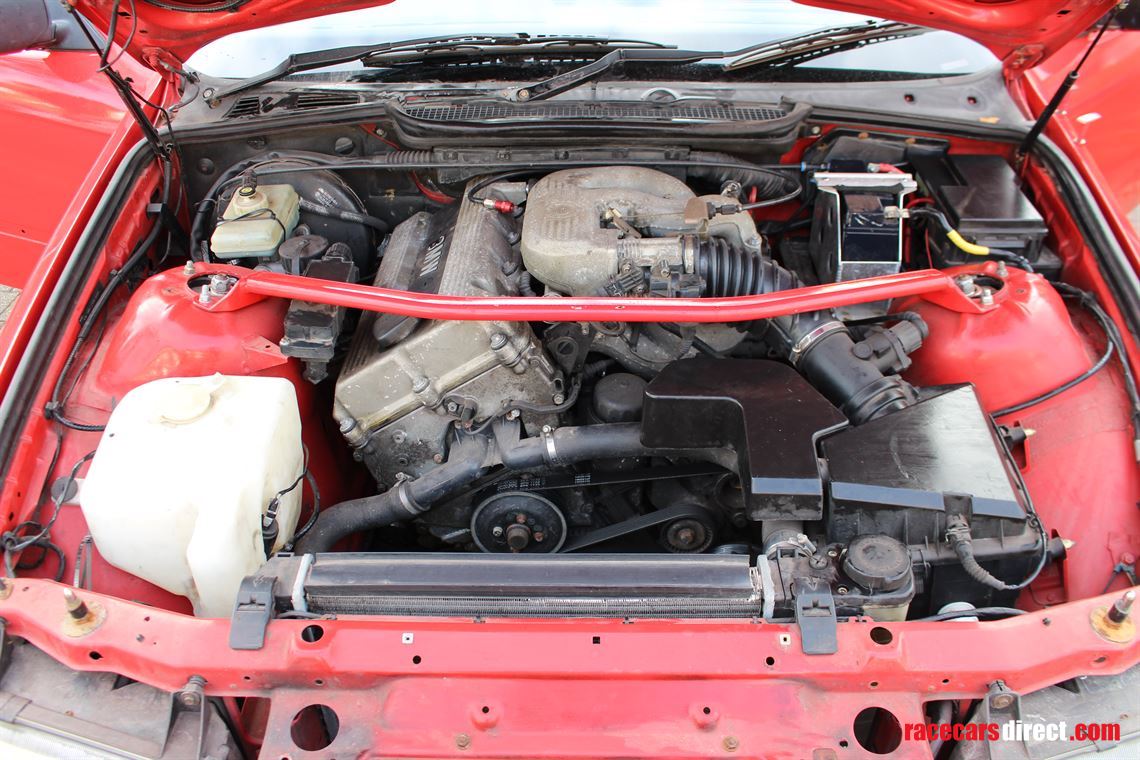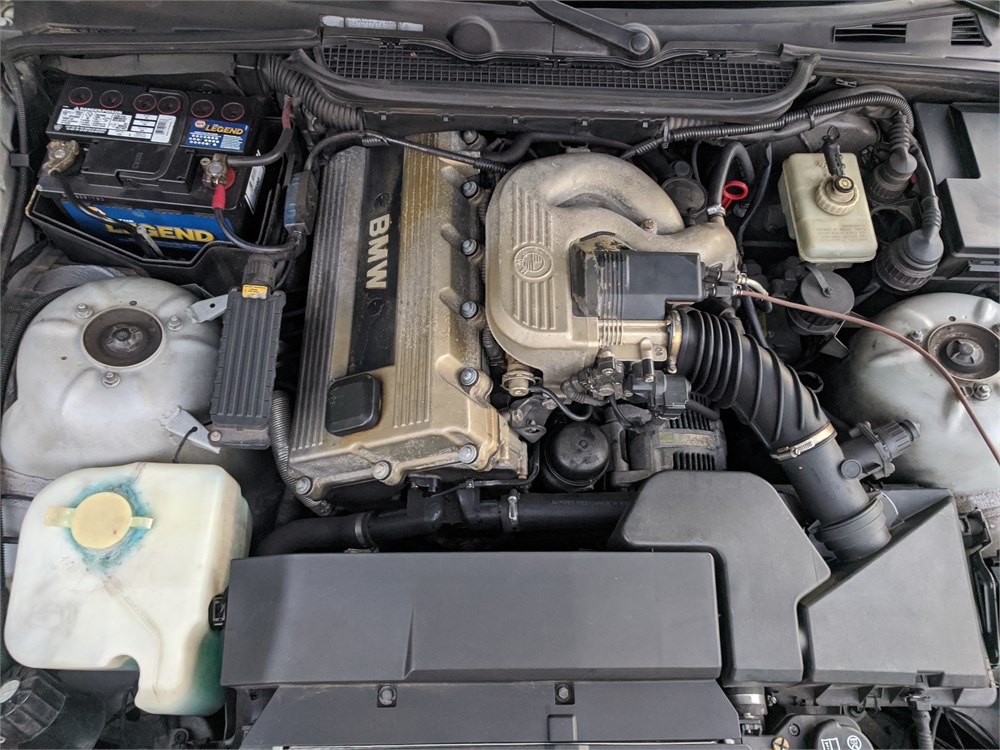BMW 318ti Testimonial: What Makes This Version Attract Attention
BMW 318ti Testimonial: What Makes This Version Attract Attention
Blog Article
Essential Considerations for Selecting the Best Engine for Your Demands
In the world of picking the perfect engine to satisfy your demands, numerous crucial elements demand careful factor to consider to make certain optimal performance and efficiency. From the nuanced balance between power and performance to the often-overlooked aspects of maintenance and service requirements, each facet plays a critical function in figuring out the most appropriate engine for your certain requirements.
Power and Efficiency
When reviewing engines for optimum efficiency, it is vital to focus on both power outcome and effectiveness. Power outcome measures the ability of an engine to produce power, which straight influences its performance. A high power output is essential for demanding jobs such as heavy-duty applications or high-speed needs. It makes certain that the engine can handle the work effectively and efficiently. Nonetheless, power alone is not adequate; efficiency plays a considerable role in figuring out the general efficiency of an engine. Performance describes how well the engine converts fuel into functional power. A more effective engine will deliver far better gas mileage, reduced exhausts, and minimized operating expense. Striking the best balance between power result and efficiency is essential to choosing an engine that satisfies your details demands. It is necessary to take into consideration variables such as the planned use of the engine, ecological impact, and long-term expense implications when making this choice. By very carefully evaluating both power and effectiveness, you can pick an engine that provides optimum performance and satisfies your needs effectively.
Gas Performance and Economy
Gas effectiveness refers to the engine's capability to convert fuel right into power with very little waste, directly impacting operating prices and ecological sustainability. Engines with higher fuel efficiency not just minimize fuel expenses but additionally reduce carbon discharges, contributing to a greener procedure.

Compatibility and Application
Considering the fuel effectiveness and economy of an engine, the next vital aspect to address is its compatibility and application within particular functional contexts. Compatibility refers to how well the engine incorporates with the total system or devices it powers.
Additionally, the application of the engine is just as crucial. Various engines are designed for details objectives, whether it be industrial machinery, aquatic vessels, automobiles, or power generators. Comprehending the designated application permits the option of an engine that can deliver the required power output, torque, and operational attributes. For example, a high-revving engine designed for performance vehicles would not appropriate for durable building and construction tools that calls for high torque at reduced rates.
Maintenance and Service Requirements
Maintenance and service needs play a crucial role in making sure the long life and optimal performance of an engine. Routine upkeep is important to avoid malfunctions, expand the lifespan of the engine, and preserve its efficiency. When picking an engine, it is necessary to think about the maker's advised upkeep timetable and the availability of service facilities or certified technicians.
Variables such as the regularity of oil adjustments, filter replacements, and general inspections can considerably affect the engine's performance. Some engines may need more frequent servicing based on their design and use, while others may have longer periods between maintenance checks. It is important to comply with these solution needs to avoid expensive repair services and unforeseen downtime.

Expense and Budget Plan Factors To Consider
When choosing an engine for a certain application,Spending plan restrictions frequently play a significant role in the decision-making process. When taking into consideration the cost and spending plan ramifications of picking an engine, it is important to analyze not only the initial purchase cost however additionally the long-term costs connected with maintenance, fuel consumption, and prospective upgrades or repair work. It is crucial to strike an equilibrium between the upfront cost of the engine and its overall lifecycle costs to make certain that the selected engine remains economically sustainable throughout its functional life-span.
Variables such as gas effectiveness, dependability, and longevity can straight affect the total expense of possession of an engine. While a much more pricey engine may have greater upfront costs, it can possibly lead to reduced maintenance and fuel expenditures over time, therefore supplying better value over time. Furthermore, considering the accessibility and price of extra components, in addition to the convenience of maintenance and solution, can aid avoid unforeseen monetary strain in the future. By thoroughly evaluating these expense and spending plan factors to consider, you can make an enlightened decision that aligns with your functional needs and economic constraints.
Final Thought

Fuel effectiveness refers to the engine's ability to convert gas right into energy with marginal waste, straight affecting operating prices and ecological sustainability.Aspects influencing fuel performance consist of engine design, combustion performance, and general efficiency optimization. Furthermore, picking the proper gas kind and grade as recommended by the engine manufacturer can further boost effectiveness and lengthen engine lifespan.
Engines navigate to this website with good service features and easily offered parts can minimize maintenance prices and lessen the time the engine is out of procedure - bmw 318ti. It is crucial to strike an equilibrium in between the ahead of time price of the engine and its overall lifecycle costs to guarantee that the selected engine stays financially sustainable throughout its operational lifespan
Report this page